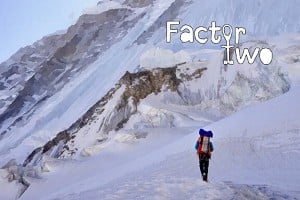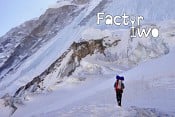In reply to Daytona2:
It'll be much better going more slowly. That's a large ascent alone and that won't be as enjoyable most likely. Fitness will help in the exercise portion of the trek but your body will respond to it as it will, sometimes at random and sometimes purely in response to other issues.
Recently I had the unfortunate luck of developing a couple of infections on a trek (or likely immediately before) which likely resulted in what doctors thought was a massively fast development from no AMS symptoms (really - no headache, no nausea etc) to a temperature and serious levels of HAPE and needing a helivac. The highest I got to was around 3900m and our largest gain on the trip by then was around 900m (but we had gone up/down for it). The same day I got to that high point, I knew something was very wrong as my heart rate and ability to breathe did not line up, and by late that evening as I tried to sleep I went south pretty quick.
I really want to return and re-try but now I have to be ultra careful, likely take additional medication, and will have to go independently to plan several days of rest at specific spots.
In my very unprofessional opinion: you might be fine going quickly for one day (given fitness as that's a large ascent in one go) if you descend pretty quickly after. You can get altitude tablets online or from very specific travel pharmacies in the UK. And if you have very specific medical needs - even minor at sea level, check whether these could have an impact so you can plan accordingly.
Key is to listen to yourself. And should you start drowning in your lung fluids, stay sitting up and tell someone.
Post edited at 02:27









